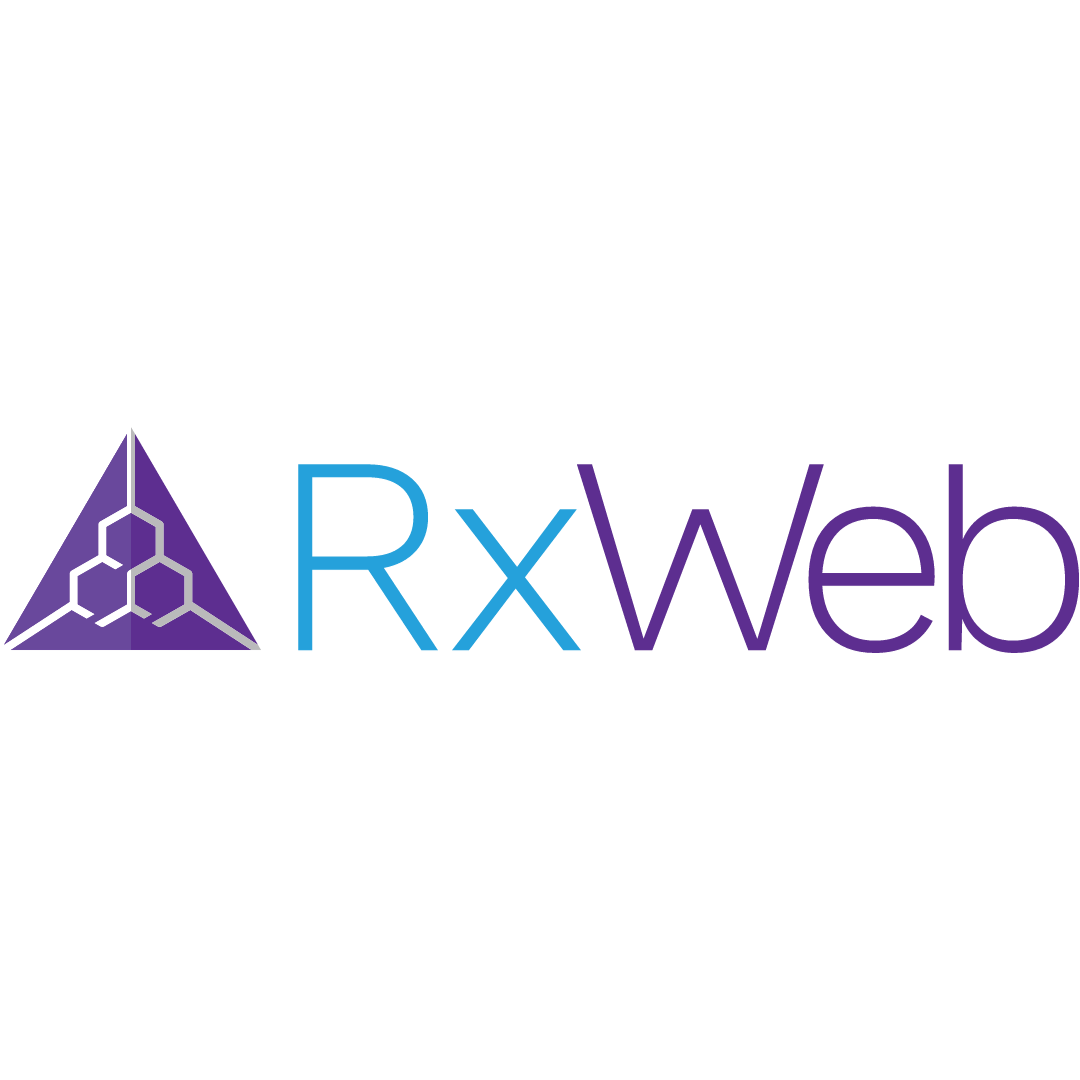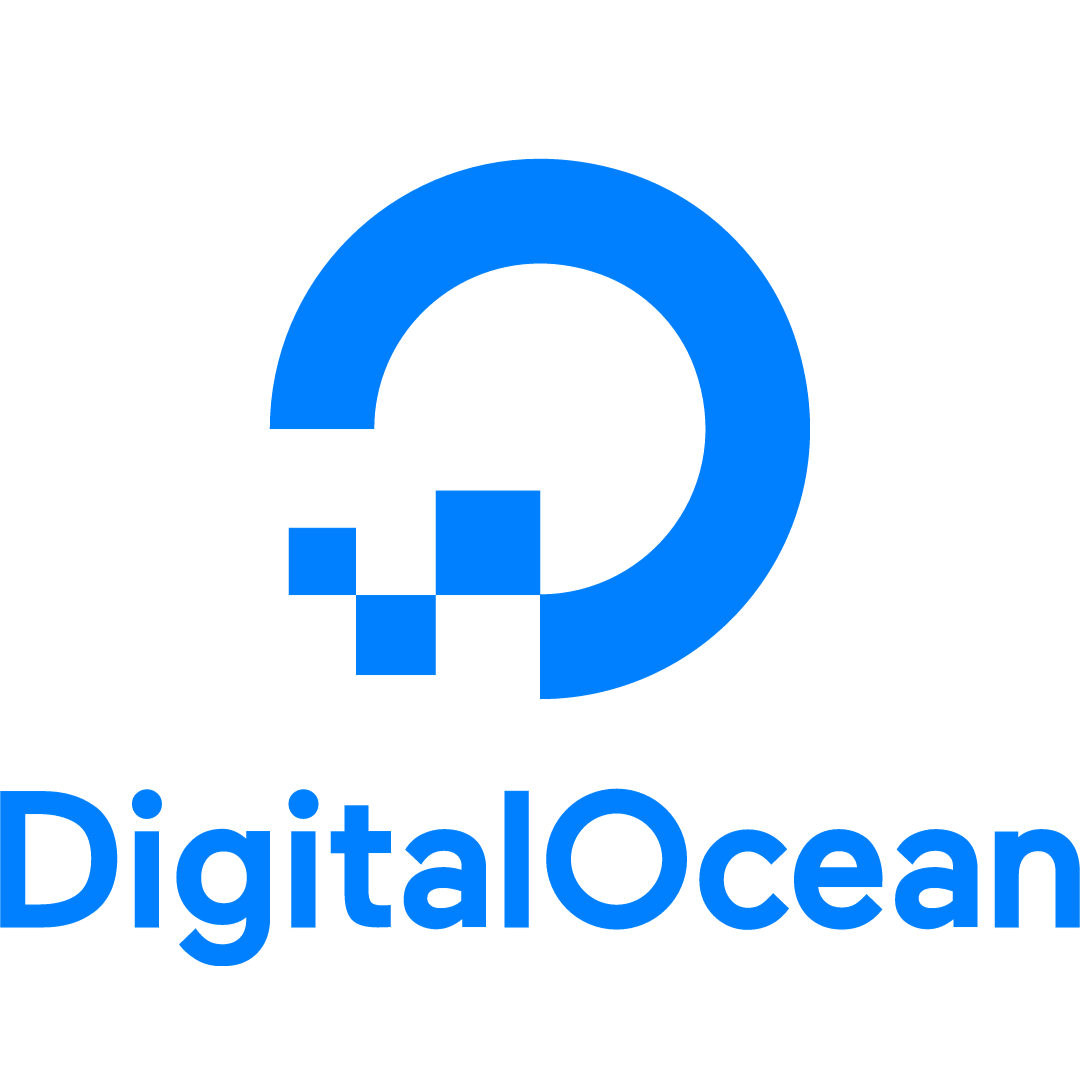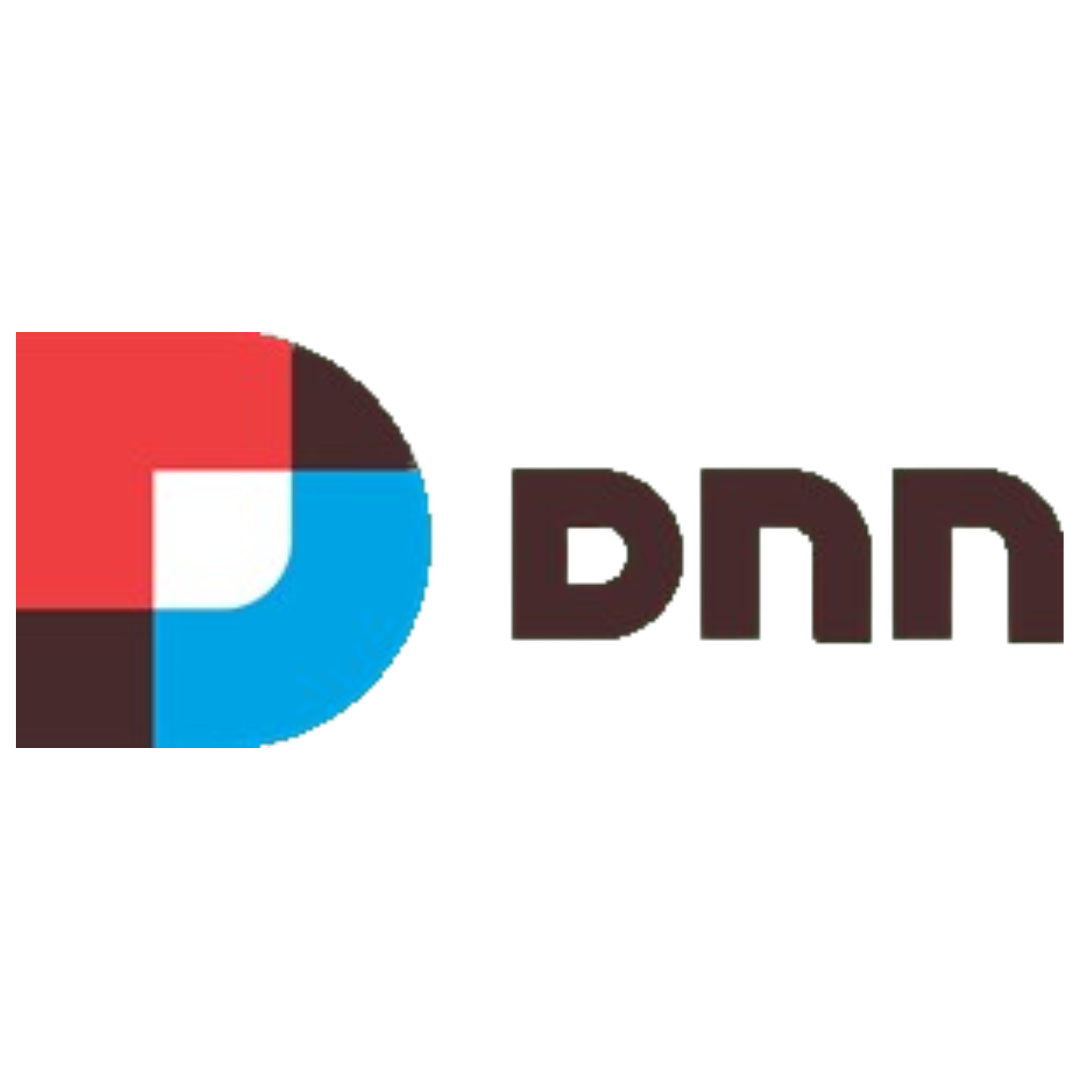
Importance Of Keeping Website Up To Date
Maintaining an up-to-date website is paramount in the fast-paced digital landscape, where first impressions can significantly impact user trust and engagement. An up-to-date website not only reflects the dynamism of your business but also ensures that visitors encounter accurate, relevant, and timely information. In this era of rapidly evolving technologies and changing consumer preferences, an outdated website can convey a sense of neglect and compromise the credibility of your brand. Regular updates demonstrate your commitment to providing a seamless and contemporary user experience, fostering trust and loyalty among your audience. Moreover, search engines favor fresh and relevant content, and an updated website is more likely to rank higher in search results, enhancing its visibility and reach.
How frequently should you refresh the content on your website?
The frequency with which you update your website content depends on various factors, including your industry, target audience, and the nature of your content. However, as a general guideline, it is advisable to review and refresh your website content regularly to ensure relevance and engagement. Updating blog posts, product pages, and other key content at least once a month can help improve search engine visibility and attract repeat visitors. Additionally, timely updates can showcase your commitment to staying current in your field, establishing your credibility. Monitoring industry trends and incorporating new information can keep your content fresh and competitive. Utilizing analytics tools to track user engagement and feedback can also guide your update strategy. Strike a balance between consistency and adaptability, considering both evergreen and timely content.
What impact can outdated content have on your website?
Outdated content on your website can significantly impact its effectiveness and user experience. Firstly, it compromises the site's relevance, making it less attuned to current industry dynamics and user expectations. This diminished relevance, coupled with reduced search engine rankings due to outdated information, leads to decreased visibility and potential loss of organic traffic. Moreover, users encountering obsolete content may perceive the site as unreliable, eroding trust and credibility. The negative impression may deter repeat visits and harm your brand's online reputation. Outdated content can also result in missed business opportunities, as inaccurate details may dissuade potential customers. Lastly, it hampers effective marketing efforts, hindering campaigns from resonating with the current interests and needs of your target audience. Addressing and regularly updating content is crucial for maintaining a dynamic and trustworthy online presence.
Top Tips to Update Your Website:
- Review Your Current Website
- Take a Look at Your Competition
- Get Inspired
- Collect Feedback
- Conduct A/B Testing
- Optimize for SEO
- Create New Content
- Add Multimedia Elements
6 New Ideas for Website Content!
Implementing these ideas can bring freshness and variety to your website, catering to different preferences within your audience and enhancing overall user engagement
1. Interactive Infographics
Develop visually compelling infographics that not only present information but also allow users to interact with the content
2. User-Generated Content Showcases
Foster a sense of community by encouraging your audience to contribute their content, whether it's in the form of photos, stories, or artwork related to your website's theme.
3. Expert Interviews or Q&A Sessions
Elevate the expertise on your website by conducting interviews with industry leaders, thought influencers, or professionals relevant to your niche. Alternatively, host live Q&A sessions where your audience can participate by submitting questions in real-time.
4. Behind-the-Scenes Content
Humanize your brand by offering behind-the-scenes glimpses into your business or content creation process. Share compelling stories, photos, or videos that showcase the people and processes behind the scenes.
5. Trend Analysis and Future Predictions
Demonstrate industry authority by exploring and analyzing emerging trends within your niche. Provide insightful commentary on the implications of these trends and make predictions about future developments.
6. Interactive Tutorials or Courses
Elevate the educational value of your website by creating interactive tutorials or short online courses. Utilize multimedia elements such as videos, quizzes, and interactive exercises to enhance the learning experience.
6 Benefits of Updating Website Content
Consistently updating your website content offers a range of benefits, from improved search engine visibility to increased user engagement and credibility, ultimately contributing to the overall success of your online presence.
1. Improved Search Engine Ranking
Regularly updating your website content signals to search engines that your site is active and relevant. Search algorithms tend to favor fresh content, leading to better visibility and higher rankings in search results.
2. Increased User Engagement
Up-to-date content keeps visitors interested and engaged. Whether it's the latest information, products, or trends, regularly refreshed content encourages users to return, explore more pages, and spend more time on your site.
3. Enhanced Credibility and Trust
A frequently updated website demonstrates your commitment to staying current and informed in your industry. This dedication can enhance your credibility and build trust with your audience, as users are more likely to trust information from an actively managed site.
4. Adaptation to Industry Changes
Industries evolve, and so should your website content. Keeping your content current allows you to adapt to industry trends, regulations, or advancements, ensuring that your audience receives accurate and relevant information.
5. Optimized User Experience
Updated content often goes hand in hand with improvements in design, functionality, and user interface. A well-maintained website provides a positive user experience, making it easier for visitors to navigate and find the information they seek.
6. Competitive Edge
In a competitive online landscape, a regularly updated website can set you apart from competitors. It demonstrates a commitment to excellence and customer satisfaction, potentially attracting new customers who value up-to-date and reliable information.
6 Major Signs That You Need To Update Website Now
Recognizing the urgency for a website update is crucial for maintaining online effectiveness. Signs such as outdated content, slow loading speed, and design obsolescence indicate the immediate need for a website refresh.
1. Outdated Content
If your website contains information that is no longer accurate or relevant, it's a clear sign that an update is needed.
2. Slow Loading Speed
A sluggish website can drive visitors away. If your pages take too long to load, consider optimizing and updating your site for better performance.
3. Mobile Responsiveness Issues
Given the growing trend of users accessing websites via mobile devices, it's crucial to optimize your site for mobile compatibility.
4. Obsolete Design
An outdated design can make your site appear unprofessional. A modern, visually appealing design is crucial for maintaining a positive user experience.
5. Poor Search Engine Rankings
If your website is not ranking well in search engine results, updating content, improving SEO, and ensuring relevance are essential for better visibility.
6. Security Concerns
Outdated software and security vulnerabilities can pose a threat. Regular updates help protect your website from potential security breaches.
Conclusion
In conclusion, updating your website is not just a routine task; it is a critical strategy for maintaining relevance, security, and a positive user experience. Regular updates, ranging from content refreshes to security enhancements, ensure that your site remains competitive and aligned with evolving industry standards. By embracing a proactive approach to website maintenance, you not only safeguard against potential vulnerabilities but also demonstrate a commitment to providing your audience with accurate information and a seamless online experience. Ultimately, a well-maintained and updated website is a powerful tool for fostering user trust, engagement, and long-term success in the digital landscape.
You can also visit related blogs:


































































comments for "An Interview with Exavibes Services"
Leave a Reply